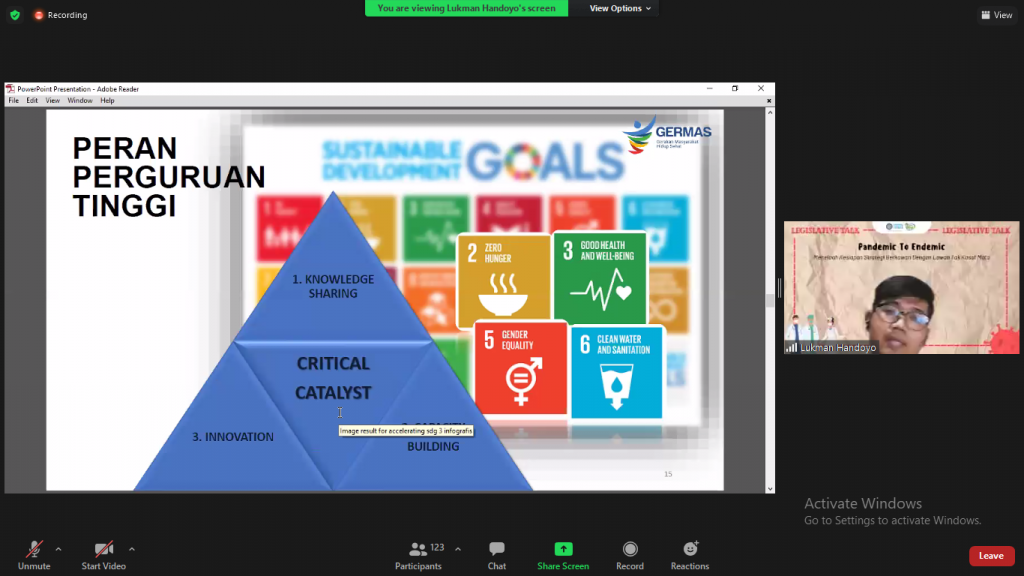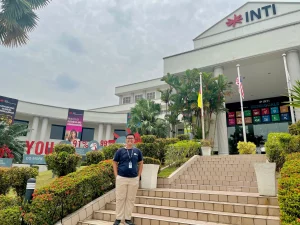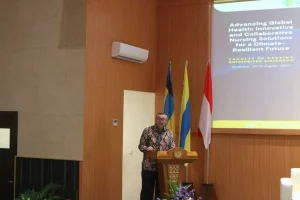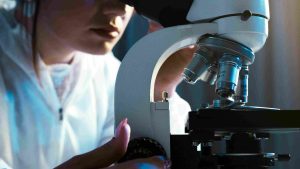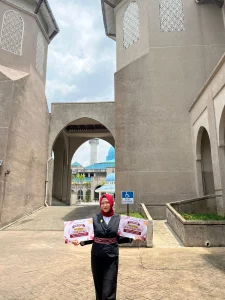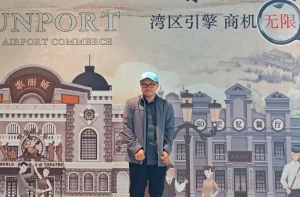UNAIR Faculty of Nursing Student Legislative Board held a webinar entitled Pandemic to Endemic
UNAIR NEWS – The Student Legislative Board of the Faculty of Nursing (BLM FKp) UNAIR held a webinar entitled Pandemic to Endemic: Studying the Readiness of Befriending Strategy with Invisible Opponents on Saturday, April 2, 2022.
The event was attended by two speakers, alumni of the Faculty of Nursing (FKp) UNAIR, Dr M Hasanuddin S Kep Ns M Kep as Vice Chairman of DPW PPNI training for East Java and Lukman Handoyo S Kep Ns M Kep as lecturer and Partnership Staff of Widya Dharma Husada College of Health Sciences (STIKes WDH) Tangerang.
The webinar discussed the latest issues related to government policies that loosen Covid-19 regulation as a transition from pandemic to endemic.
Hasanuddin, in the first session, stated that government policies are constantly changing. Furthermore, any government policy will have pros and cons in the community.
“The latest example is that the government allows Eid homecoming, but people must have taken a booster vaccine. But the spectators in Mandalika do not need any tests, so it causes pros and cons,” he explained.
In this regard, health workers must be neutral. Booster vaccines are essential for the pandemic to become endemic as the disease remains but is considered common disease.
“There used to be measles in the world. The spread is higher than Covid-19. Now measles has become endemic because there is a vaccine, so it is common,” said Hasanuddin.
Student’s role
In the second session, Lukman explained how students’ readiness to deal with changes in health status in Indonesia.

“The problem with health status is not only Covid-19 but also non-communicable diseases. Moreover, the number one killer is stroke, and it becomes a collective challenge because we are distracted by Covid-19,” he said.
In this case, the change in health status in Indonesia is very complicated, and the nurse or health workers cannot solve this. Therefore, the role of the community, especially students, must exist and be involved.
Universities act as critical catalysts. The catalyst is a substance that accelerates, meaning that the acceleration is carried out by students. It can be done by knowledge sharing, innovation, and capacity building.
“Knowledge Sharing, for example, is when FISIP, FH, or FIB students can teach basic health knowledge to the public. Innovation, for example, is FIB students who are good at writing can make health posters that are easy for the public to understand. These things can not only be done by nursing, public health, or medical students, but also by many people from various sciences,” he explained.
“As students, we have a responsibility to use our noble intellect and knowledge to contribute to society,” he added. (*)
Author: Rafli Noer Khairam
Editor: Binti Q. Masruroh


